The Rhode Island COVID-19 Task Force, created by an executive order, assisted the Department of Business Regulation (DBR) with improving public health by ensuring business compliance with COVID-19 mandates. Rather than taking a punitive approach, the agency applied data analysis to identify businesses that might need assistance. The analysis found, for example, that some minority-owned businesses faced language barriers that impeded their ability to fully comply with the mandates. As a result, DBR partnered with community-based organizations, such as the Center for Southeast Asians, to provide signage that was translated in multiple languages.
Rhode Island’s Data Ecosystem, managed by the Executive Office of Health and Human Services (EOHHS), uses state data from more than 15 sources, including health, child welfare, and human services. The ecosystem is led by a Director of Data and Analytics and a team of analysts who use integrated data to improve state programs. The ecosystem produces regular dashboards that are used for internal performance management meetings centered on the PULSE framework – Performance, Utilization, Leadership Support, and Execution – to manage and improve performance of the programs and agencies within the Department of Health and Human Services secretariat.
Cross-agency, shared data benefitted the State’s COVID-19 response in several ways:
- The Executive Office of Health and Human Services Data and Analytics team and the Equity Council convened by the Secretary worked to create a general data dashboard and high-density community dashboard and approach to the response.
- The Rhode Island Department of Health’s COVID-19 Response Unit Quant Team includes a “Dashboarding” Team that pulls data from a variety of state sources to create a holistic, cross-sector picture of the pandemic’s spread and impact on Rhode Islanders.
- Data on age-adjusted cases, hospitalizations, and fatalities were critical in identifying Rhode Island’s innovative geographic approach to rolling out vaccinations. High-density communities experiencing more severe COVID-19 impacts were prioritized for vaccination, alongside an age-based approach focusing on congregate care residents.
